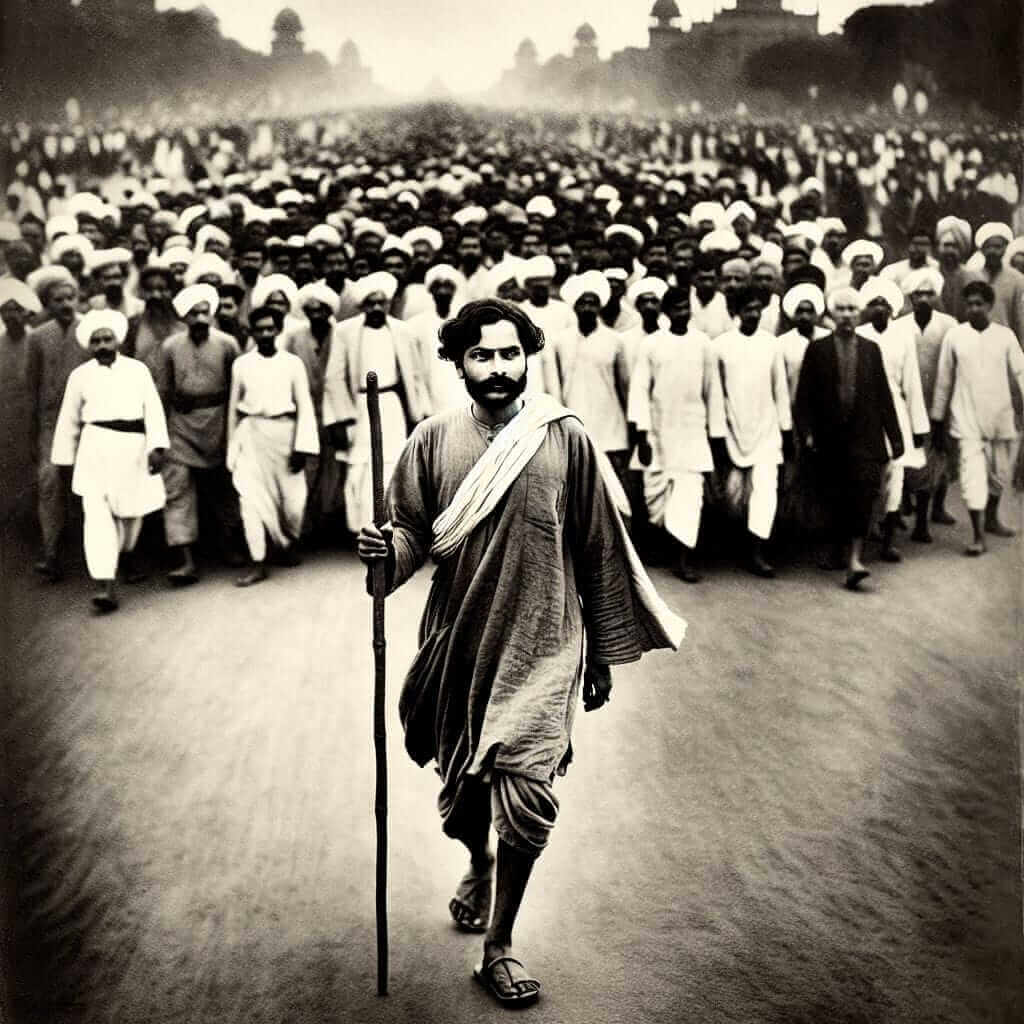The Speaking section of the IELTS exam assesses your ability to communicate effectively in English. The examiner evaluates aspects such as pronunciation, fluency, coherence, lexical resource, and grammatical range. One common topic area is describing a public figure who has made a difference in the world. Let’s delve into this topic and analyze how to craft a comprehensive response to achieve a high band score.
Part 1: Introduction and Interview
In Part 1, the examiner will ask general questions to introduce you and help you relax.
Sample Question and Suggested Answer
Question: What kind of public figures do you admire?
Answer: I admire visionary leaders like Nelson Mandela and dynamic entrepreneurs like Elon Musk. These individuals have not only achieved remarkable success but have also made significant contributions to society. For instance, Mandela’s efforts in fighting apartheid and Musk’s innovations for sustainability are truly inspiring.
Part 2: Long Turn
Cue Card
Describe a public figure who has made a difference in the world. You should say:
- Who this person is
- What they have done
- Why you admire them
- How they have influenced others
Suggested Answer
One public figure who has made a tremendous difference in the world is Mahatma Gandhi. Gandhi, born in 1869 in India, is renowned for leading the Indian independence movement against British rule through non-violent civil disobedience.
Gandhi’s principle of Satyagraha, or non-violent protest, galvanized millions of Indians to fight for their rights without resorting to violence. One of his most iconic movements was the Salt March in 1930**, which was a direct action campaign against the British salt tax.

I deeply admire Gandhi for his unwavering commitment to peace and his ability to inspire massive societal change. His ideology did not only help India achieve independence in 1947 but also influenced global leaders like Martin Luther King Jr. and Nelson Mandela in their struggles for equality.
Overall, Gandhi’s philosophy and actions have left an indelible mark on the world. His ideas of peaceful resistance and human rights continue to inspire movements for social justice globally.
Follow-up Questions and Suggested Answers
Question: In what ways do you think public figures can make a positive impact?
Answer: Public figures influence society by raising awareness about critical issues, mobilizing public opinion, and leading by example. For example, Greta Thunberg has played a substantial role in highlighting the urgency of climate change, prompting global conversations and actions towards environmental sustainability.
Question: Do you think public figures have a moral responsibility to act as role models? Why or why not?
Answer: Absolutely, public figures possess considerable public trust and influence, and they should utilize their platform responsibly. Acting as role models, they can inspire positive behavior and drive societal change. However, it’s important to remember that they are human and can have flaws, so we should be critical of placing them on pedestals without acknowledgment of their full humanity.
Part 3: Two-way Discussion
In this section, the discussion becomes more abstract and analytical, focusing on broader issues related to the Part 2 topic.
Examiner’s Question and Suggested Answer
Examiner: Do you think it’s easier for public figures today to make a difference compared to the past?
Candidate: In some ways, it’s easier for public figures to make an impact today due to the advancements in technology and social media platforms. These tools allow for instant communication and global awareness. Malala Yousafzai, for instance, has utilized social media to advocate for girls’ education worldwide. However, increased scrutiny and media pressure can also complicate their efforts.
Examiner: How has the role of public figures evolved over the decades?
Candidate: The role of public figures has evolved significantly. In the past, their influence was more localized and specific to certain demographics. Today, thanks to globalization and the internet, their reach is global and they can impact a diverse audience. Moreover, modern public figures often advocate for a wider array of issues, unlike their predecessors who might have focused on singular causes.
Vocabulary and Structure for High Scores
- Visionary leader – a person with original ideas about what the future will or could be like.
- Example: “Steve Jobs was a visionary leader whose innovations revolutionized the tech industry.”
- Satyagraha – a policy of passive political resistance, especially that advocated by Mahatma Gandhi.
- Galvanize – shock or excite (someone), typically into taking action.
- Example: “The environmental activist’s speech galvanized the community into organizing a cleanup drive.”
- Unwavering commitment – a firm, steady, and resolute dedication.
- Example: “Her unwavering commitment to human rights has earned her numerous awards.”
Tips for Practice
- Practice fluency: Speak daily on varied topics to refine your fluency and coherence.
- Broaden your vocabulary: Learn new words and phrases relevant to frequently-asked topics.
- Mock interviews: Participate in mock speaking tests to get accustomed to the exam format.
- Feedback and improvement: Record your responses, review them, and seek feedback from teachers or peers.
By practicing diligently and applying these strategies, you can enhance your performance in the IELTS Speaking section and aim for a top band score.